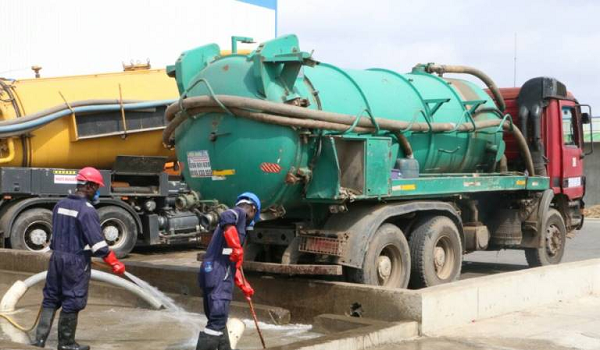
Bring back faecal plants into operation
Globally, about 1.3 billion tonnes of waste is generated annually, with about half of that being generated by Organisation for Economic Cooperation and Developent (OECD) countries, while Africa and the South East Asia region produce the least waste.
Ghana’s waste mainly comes from domestic, commercial and industrial sources and is the result of overpopulation, increase in material possessions and technological advancement.
Continuous population growth and urbanisation and their concomitant commercial activities mean that the generation of waste will continue and in higher volumes, hence the need to find a way of managing it. With population growth outpacing the ability of city authorities to adequately manage the waste that is generated, the consequences have been dire for society.
The inability to manage waste, especially faecal matter, has resulted in such waste being left to find their own level, particularly when it rains, as the rainwater mixes with toxic substances that end up in water bodies. The consumption of such contaminated water results in water-borne diseases such as bilharzia and cholera.
It is this reality that makes the Daily Graphic express worry over the news item that out of the 35 institutional faecal treatment plants in the country, only four are currently operational.
“This implies that only one per cent of the sewage generated in Ghana is treated,” according to the Deputy Director General of the Council for Scientific and Industrial Research, Professor Rose Emma Entsuah-Mensah.
This is not good news at all and we should take a conscious decision to confront this challenge head-on. The rains have set in for a couple of months now. It means, therefore, that all along about 99 per cent of the faecal matter generated has seeped into our streams and rivers, waiting for disaster to strike.
Ghana is not new to the devastating effects of cholera. In recent times, the disease has posed serious health challenges. At a
In 2016, within a month 500 people were affected by the disease in the Central Region. Any warning, therefore, that the disease is likely to bounce back should not be treated likely.
Already, the upsurge in diarrhoeal cases in the country has been attributed to the breakdown of almost all the faecal treatment plants. We should not wait for
We should immediately look critically and comprehensively at the collection, transport and treatment of
It is time to take our destiny into our hands, for where there is a will, there is away. We must not always wait for outsiders to take our development initiative for us to toe the line. We can do that better.
